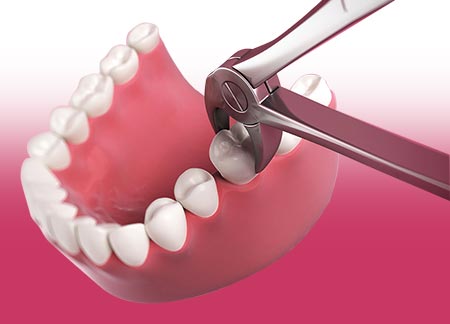
Tooth extraction or dental extraction is the removal of tooth from the mouth.
Read more
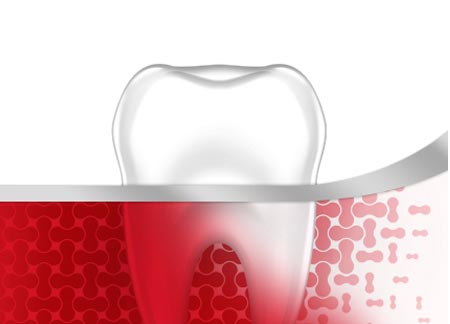
It's an infection of the tissues supporting and surrounding the teeth.
Read more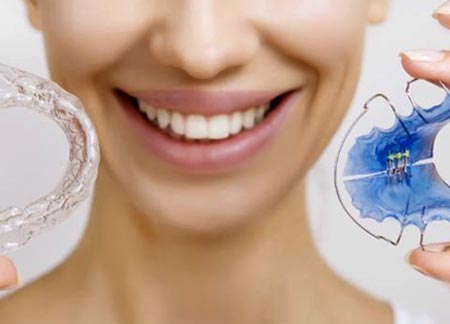
Crooked and misaligned teeth are known sources of self-consciousness.
Read more
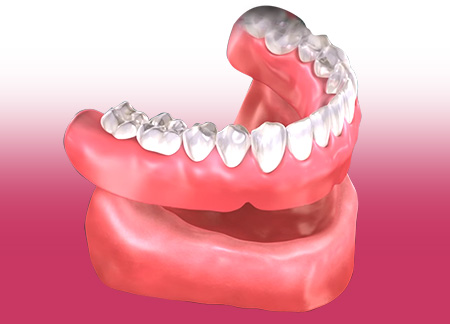
It's specialized field of dentistry concerned with diagnosing, planning.
Read more
It's term that refers to the natural cavity or space within the center of the tooth.
Read more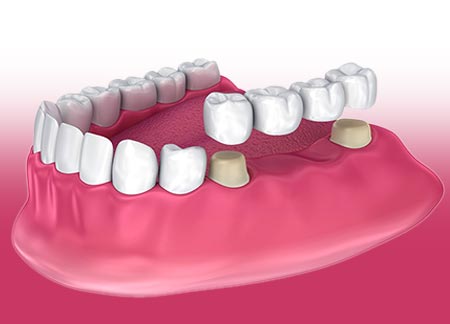
We offer wide number of general and specialized dentistry options to suit all ages and needs:
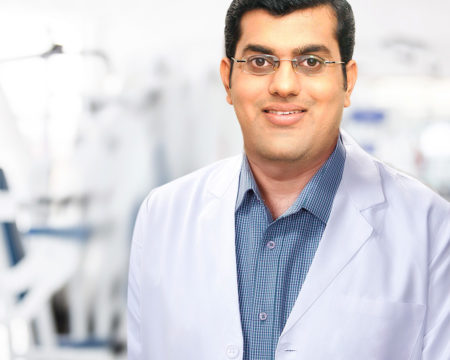
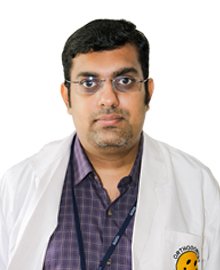
CHIEF DENTAL SURGEON AND OTHODONTIST
He is exclusively trained in Fixed Braces, Lingual braces and Clear Aligners.

DENTAL SURGEON AND CONSULTANT PERIODONTIST
She is experienced in Gum Surgeries and Root canal treatment.
We can help you whether your visit is to help maintain your teeth, improve your smile or if you have a dental emergency.

We have in-house dental specialists trained in their respective specialties to provide high quality treatment to our patients.
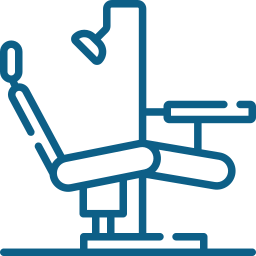
We practice advanced treatment techniques & dental procedures to offer treatment options that suit your needs.

Our clinic is equipped to offer comprehensive range of treatments under the same roof, irrespective of the specialist you consult with.

Our dental clinic owns the pride of having an expert team of dentists who are friendly, and dedicated in treating patients.
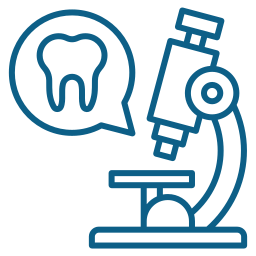
Our on-site laboratory and dental technicians minimise the need to send work away, dramatically reduce the time.

At Epione Dental Care we provide the highest level of attention to patients through good old-fashioned customer service to support wide range of patients.
Keep up to date with the latest news in health, including recent announcements and new research.

Do not neglect your baby teeth. Milk teeth or baby teeth are important because a child’s self confidence, self esteem and speech
Read more
Learning how to brush your teeth properly is the first step to maintaining healthy teeth and gums by removing food particles, plaque,
Read more
A dentist and orthodontist both are dental professions. A dentist takes after the general problems related to teeth and gums.
Read more